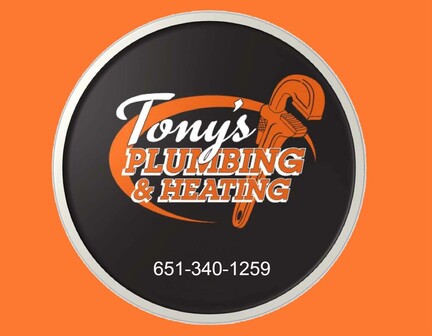 As homeowners, there can be lots of things to learn. There’s the life expectancy of the roof, the HVAC, appliances, etc, etc… The list goes on and on. But have you thought about your plumbing? We all know how important this aspect of your home is. If you’ve ever had to turn off your water, then you realize immediately how often you are utilizing it. So let’s talk about how long different facets of your plumbing should last. First, let’s start with your water heater. Depending on the type of water heater you have, the life span will vary. A traditional water heater will last about 8-12 years (depending on the manufacturer’s suggested service life). While a tankless water heater should get you around 20 years of operable use. These are the typical lifespans for these units, though there are variables to this particular item, like how many people in your house are using the hot water everyday. Your water heater should have a sticker on the side of it stating the year it was installed, if not, then it should be included on your water heater manual. Your pipes might be the most important thing to know the status of. If they are compromised, then there is a potential for a broken pipe in your house that can cause all sorts of expensive water damage. So it’s best to know that they are in solid shape. If you don’t already know, check your home inspection report or home warranties as to when your plumbing was installed and what type of pipes are in your home. Metal pipes like steel, iron, and brass will generally last you about 50-70 years, while copper will last a little longer at 70-80 years. Plastic PVC piping doesn’t last as long, with a lifespan of less than 50 years. Consider hiring a plumber to inspect the current state of your pipes if you are unsure about their status. Moving onto the lifespan of your faucets. These typically will last you about 12 years, but might need some additional maintenance to make it that far. If there is a hard water build up, they may need a cartridge replacement. If there is leaking, you can try taking it apart and reassembling it. But this might require a replacement if tightening the parts doesn’t do the trick. If you find rust coming out of the faucet, then it’s definitely time to get a new faucet. For those of us with sump pumps or well pumps, that’s another plumbing aspect to be aware of. Sump pumps help keep basements dry and usually last about 10 years, so remember to keep this one on your calendar and have it inspected when you are approaching 10 years to make sure it’s still properly running to avoid potential basement damage. And for those of us with well pumps, the lifespan is about 8-15 years. Depending on how many people are in the house, water usage, and how much sediment can build up, all can determine how long the well pump will last. This is also an important one to be aware of, since it is what provides water into your house. And last, but not least, your toilet. These will last a long time, up to 50 years. But the components in your tank might not last quite as long. These can be easy fixes, and you’ll know when these parts need replaced, because you’ll have trouble with flushing the toilet. If you have an older toilet, that is not energy efficient, consider having that replaced to get a smaller water tank. This can help save on your water usage and your billing.
1 Comment
|
AuthorAt Tony's Plumbing & Heating, we offer outstanding residential and commercial plumbing and heating services in the East Twin Cities metro. With our blog, we hope to bring you useful tips and tricks for ever day life! Archives
June 2024
Categories
All
|

 RSS Feed
RSS Feed